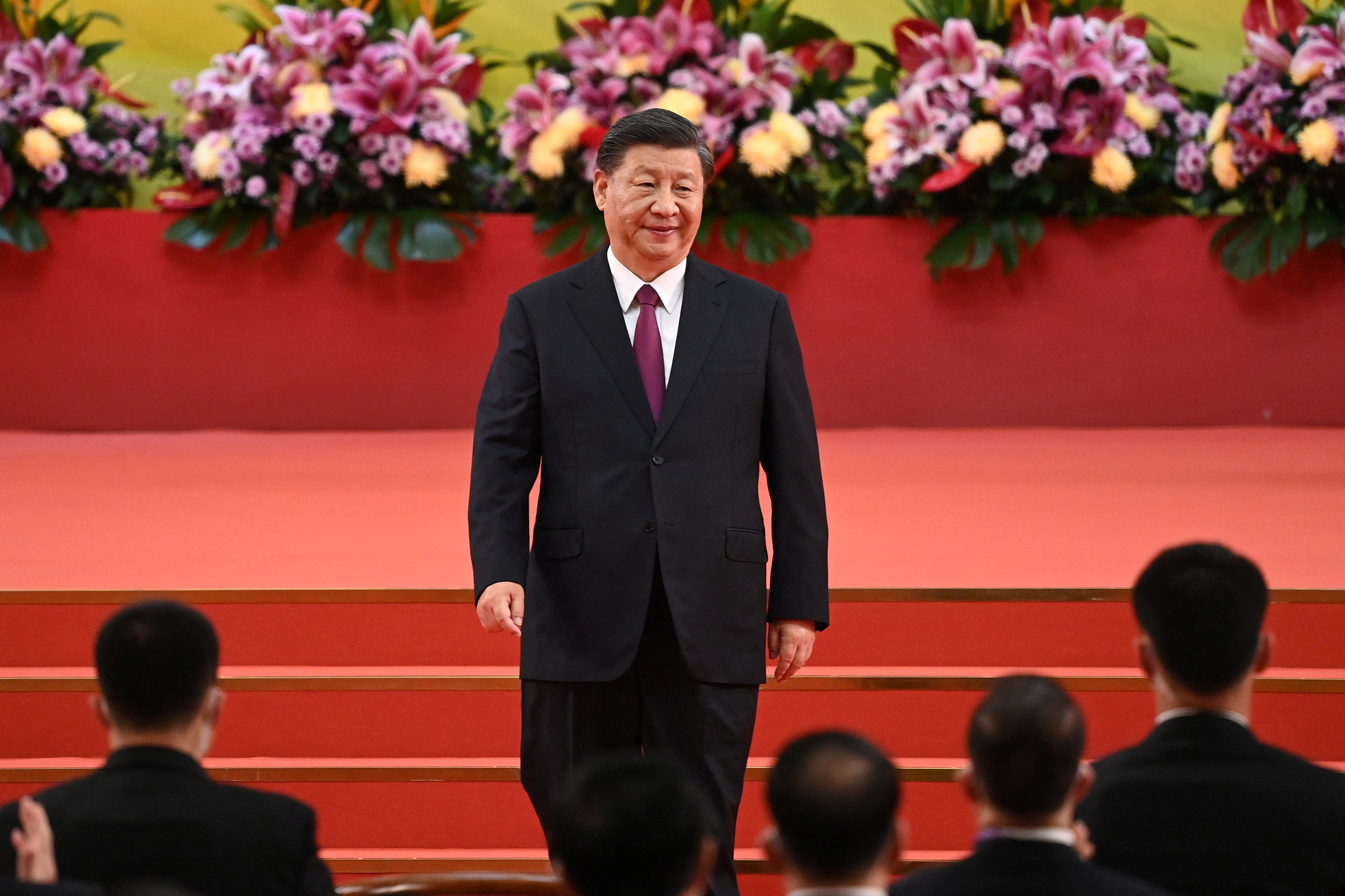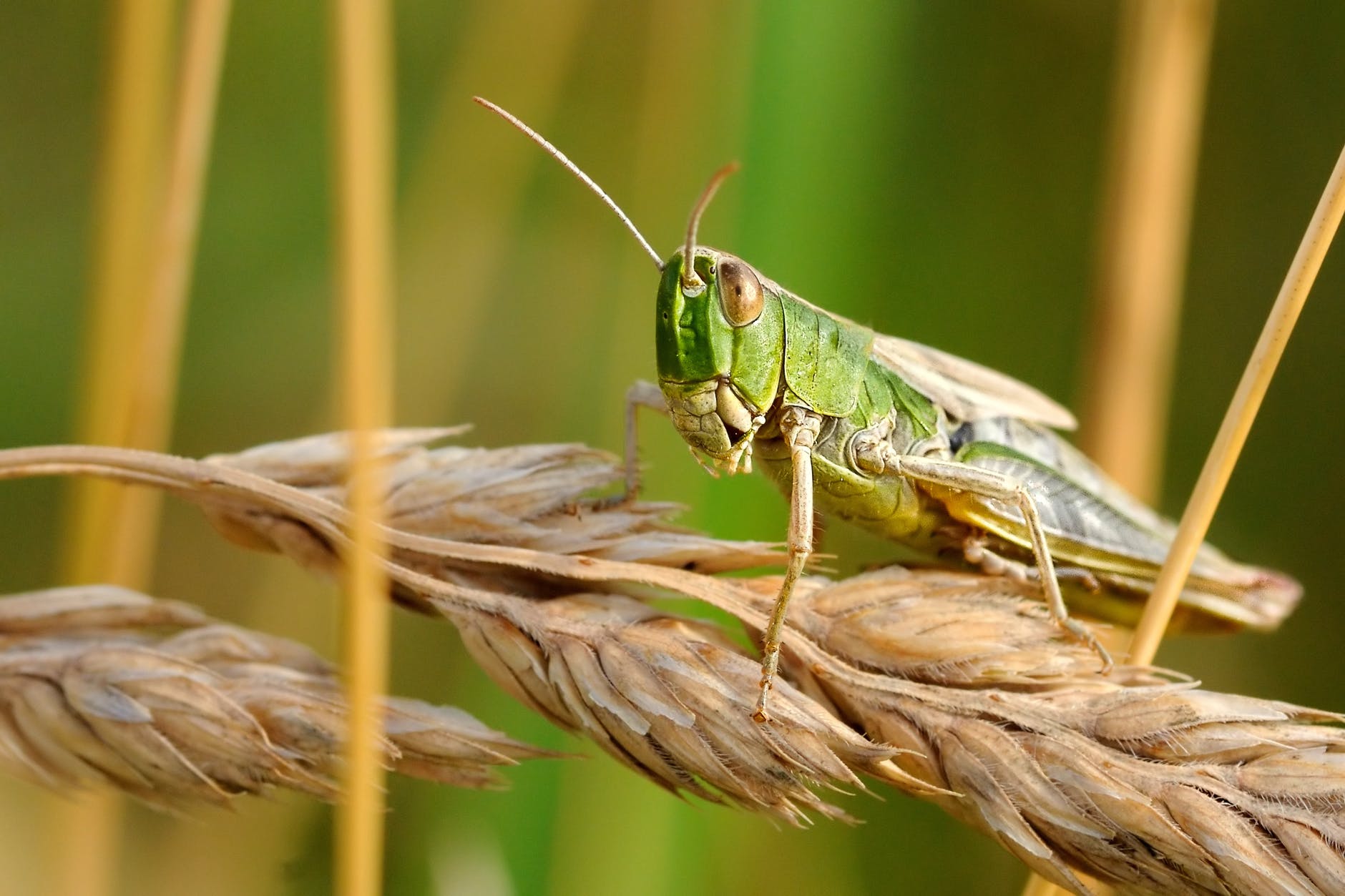From monkeypox being declared a health emergency to the benefit of adding insects to our diet – Here’s your July 25 news briefing

A few minutes every morning is all you need.
Stay up to date on the world's Headlines and Human Stories. It's fun, it's factual, it's fluff-free.
To start off, we’re looking into:
Monkeypox has been declared a health emergency
Monkeypox is the cousin of smallpox and was first detected in Africa in the 1950s. For years, it’s been spreading in developing countries, but recently, cases of it have been found in Europe, the US and Asia. It creates flu-like symptoms coupled with a rash that typically starts on a patient’s face before spreading down their body. It lasts for around two weeks to one month and can also be fatal. Up to now, there have been around 16,000 cases across 75 countries and regions, with five deaths in Africa. Most of the people who have contracted it are males between 30 to 40 years old.
During a press briefing on Saturday, the WHO declared that the “outbreak of monkeypox constitutes a Public Health Emergency of International Concern,” which makes it the third ongoing health emergency, alongside coronavirus and polio. According to the WHO head Dr. Ghebreyesus, while the WHO committee couldn’t come to an agreement on whether monkeypox should be a health emergency, he ruled it one because of its fast spread and the little understanding we have of it. He also said that there was a clear risk of international spread. The risk, right now, is moderate in all regions except for in Europe, where it’s high.
President Xi vaxxed

Despite China’s strict lockdown policies in line with its zero-COVID stance, the country can’t quite squash out the highly contagious and transmissible coronavirus. On Saturday, China recorded nearly 1,000 COVID cases across the country, with the majority of its cases in the northwestern province of Gansu and the southern region of Guangxi. Undoubtedly, part of getting to that zero-COVID state, though, is getting its 1.3 billion residents vaccinated with its domestic vaccines. But the issue is that around 267 million residents over 60 years old have been worried about the side effects and, therefore, reluctant to get vaxxed, contributing to China’s limbo state. On top of this, unlike many world heads, like Biden, who got vaxxed on TV, China has kept pretty tight-lipped on President Xi’s vaccination status.
Earlier on this month, Chinese officials tried to put in place a vaccine requirement for anyone who wanted to enter public venues, but it sparked massive backlash online, with people saying it was a violation of their freedoms and questioning how effective vaccines are against variants. With that, Beijing scrapped the mandate. On Saturday, the government health agency came out to say at a press briefing that all its leaders have gotten vaxxed with local vaccines and were “highly confident” in it.
Antiabortion advocates are divided on next steps

Last month, the US Supreme Court overturned Roe v. Wade, which meant it got rid of constitutional protection for people to get abortions. For the anti-abortion movement, this was a huge win – they had been advocating for nearly 50 years since Roe to overturn it, and the day had finally come when they could shift their focus away from the Supreme Court and toward state legislatures around the country.
But, as they’ve been looking at what to do next, there’s been some division within the anti-abortion movement. Some of these debates are about what kinds of abortion access should be allowed, such as if abortion should be legal in the case of rape or incest or if abortion medication should be accessible by mail. Other debates are about how laws are enforced, such as deciding if women should be criminally liable for getting an abortion or if private citizens should be allowed to wage civil cases against people who get abortions.
Going forward, a lot of this will be decided in courts and legislatures across the country.
To end, we’ll look into:
Will insects be the next steak dinner?

You’ve probably heard of brands like Impossible and Beyond Meat making alternative plant-based “meats” for those of us looking for a more climate-friendly protein. But it turns out that, for the non-vegans out there, there’s another solution for curbing carbon-heavy meat habits – insects.
For people from the West, this may sound a bit weird. But eating insects like grasshoppers is pretty common throughout Africa and parts of Asia. They’re nutrient-dense and a great source of protein, and lots of people say they’re a crunchy and delicious snack. On top of that, they’re a lot better for the environment than some commercial meat options.
See, insects take up way fewer resources to cultivate. If we switched half of all meat consumption in the world from animals like beef and pork to insects like grasshoppers and mealworms, we’d cut farmland use down by about a third, or about 70 times the land area of the UK, according to a study by researchers at the University of Edinburgh. Plus, bugs can get rid of organic waste in a way cows and pigs can’t, and they produce significantly fewer greenhouse gases, such as methane, as a result.
Still, insects aren’t a foolproof solution just yet. There are fears that farming them could cause problems with their already declining populations due to climate change. But they could be the thing that steps in next, as meat prices are expected to go up by over 30% over the next three decades due to rising prices of feed and farming costs. On top of that, some believe these prices could go up around an additional 20% because of falling agricultural productivity and issues like climate change.
So, at the end of the day, crickets are unlikely to unseat your anniversary steak dinner any time soon. But maybe they’ll take the protein spot in your lunch to go, and for the environmental impact, it’s worth welcoming these crunchy critters into our diets.
In other news …
😤A private warning: According to the Financial Times, several people familiar with the situation have said that Beijing has issued stark private warnings to the White House about a possible trip by Pelosi to Taiwan in August.
💻The “sentient" bot: Remember that Google software engineer who told the world that he spoke with an AI bot that became “sentient?" Well, in a statement, Google said that it had fired him for the “wholly unfounded" claims and for disclosing confidential information.
🚢The Russia-Ukraine deal: Ukraine and Russia reached a deal arranged by the UN in Turkey to resume vital grain exports across the Ukrainian Black Sea ports. Up to the deal, Russia had been blocking maritime access to the ports, leading to millions of tons of grain and oilseed exports being unable to be sent out. But Moscow denies causing a global food crisis.
🤑Hong Kong’s peg: After Hayman Capital Management’s Kyle Bass took to Twitter to say that Hong Kong’s foreign reserves could be exhausted by the end of the month, Finance Secretary Paul Chan responded on Sunday that the city’s “foreign exchange reserves are huge," with more than US$440 billion.
💼Evergrande resignations: On Friday, Evergrande said its CEO and CFO were both forced to resign. This is amid a company investigation that is trying to figure out how US$2 billion in deposits were used as security for third parties to get bank loans, some of which weren’t paid back.
🎬Marvel reveals plans: Marvel has revealed that its next phase will kick off with “Fantastic Four" on November 28, 2024, followed by “Avengers: The Kang Dynasty" on May 2, 2025, and the phase will end with “Avengers: Secret Wars" on November 7, 2025.
🐆South African cheetahs in India: Cheetahs are the fastest predatory mammal in the world, and while they used to be found across much of Africa and Asia, they are now extinct in India. To try and boost the dwindling global population of less than 7,000, South Africa will send India cheetahs every year for the next five to 10 years.
Written and put together by Jake Shropshire, Christine Dulion and Krystal Lai




Comments ()